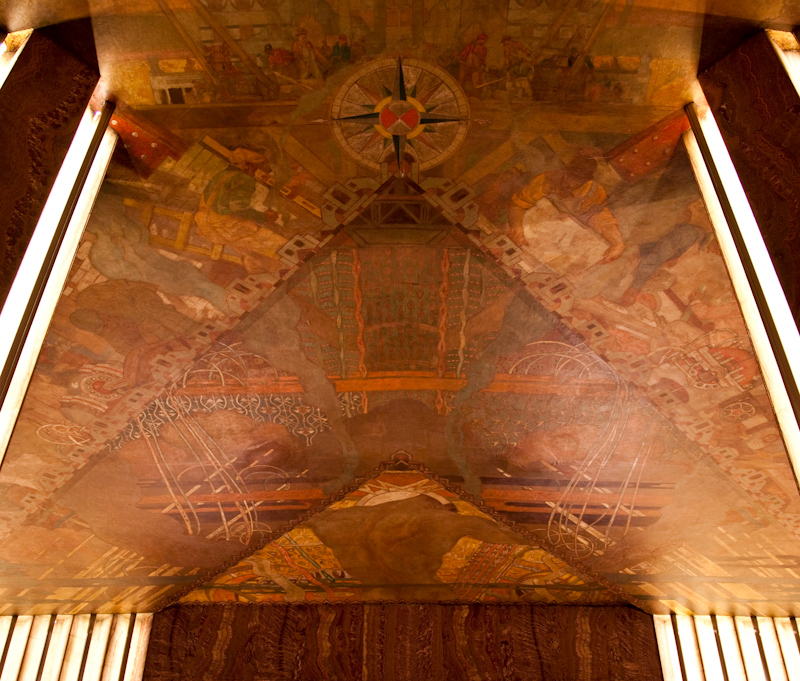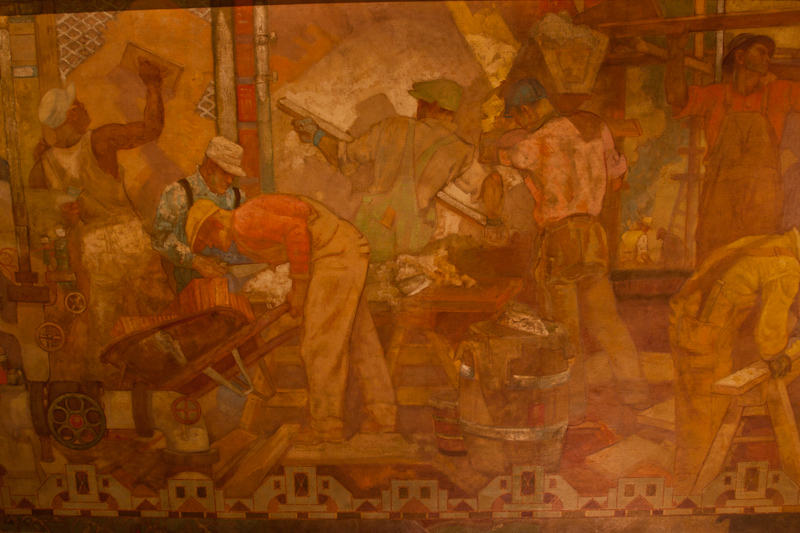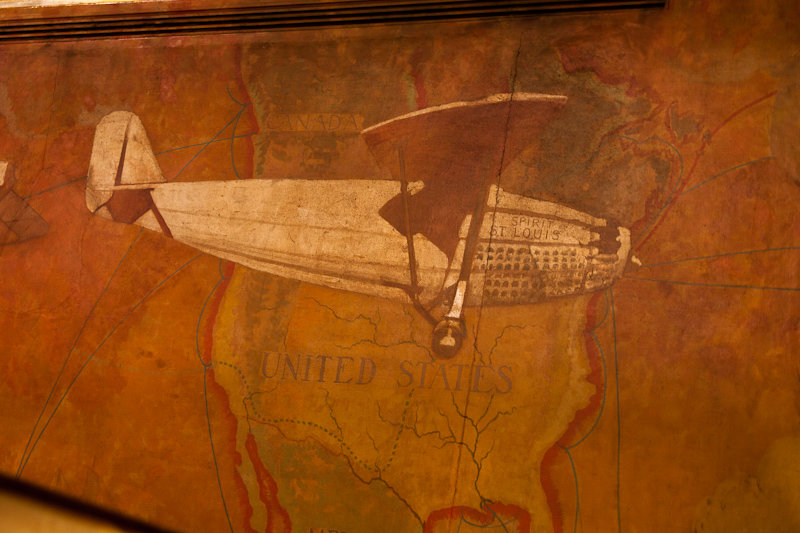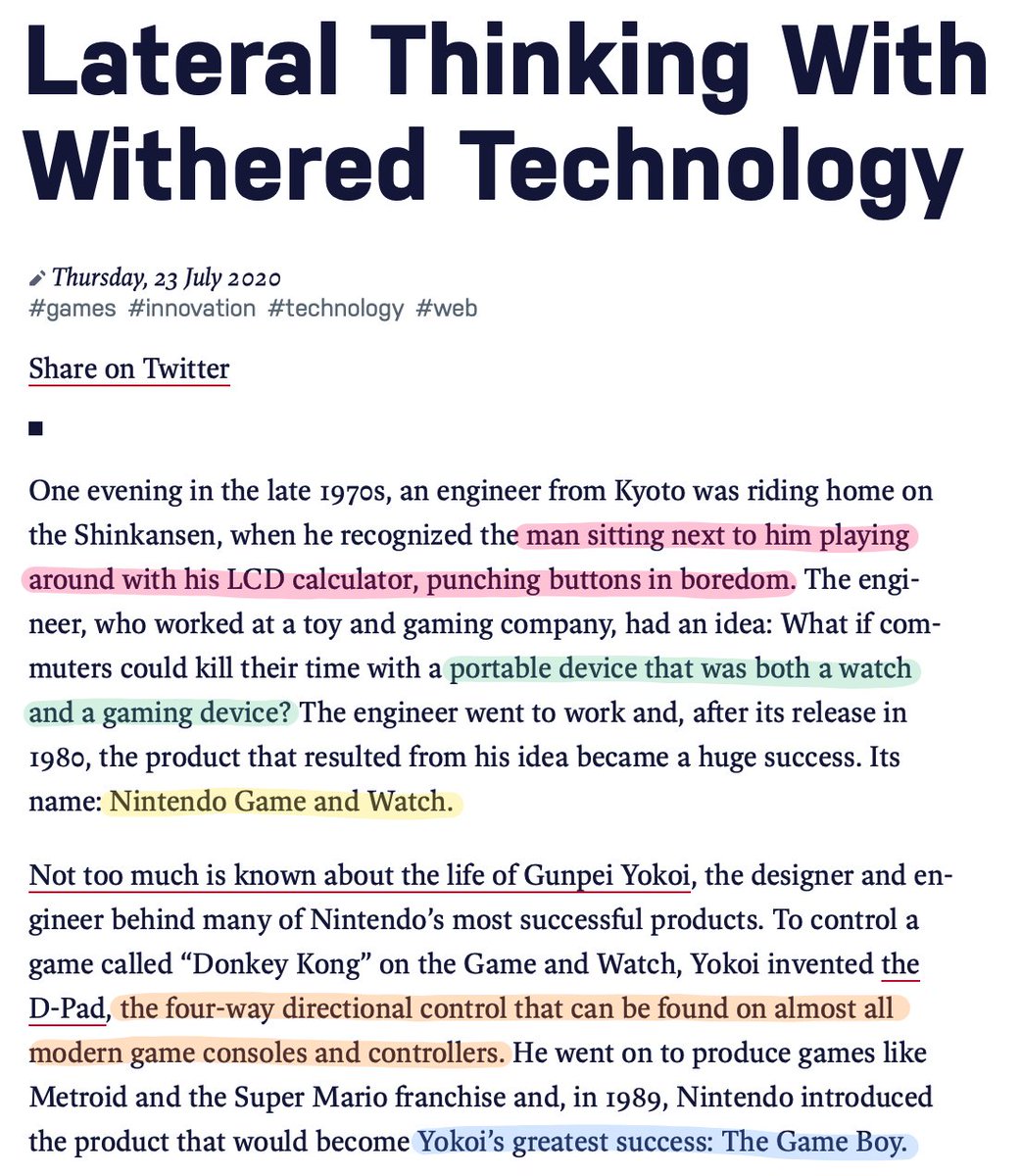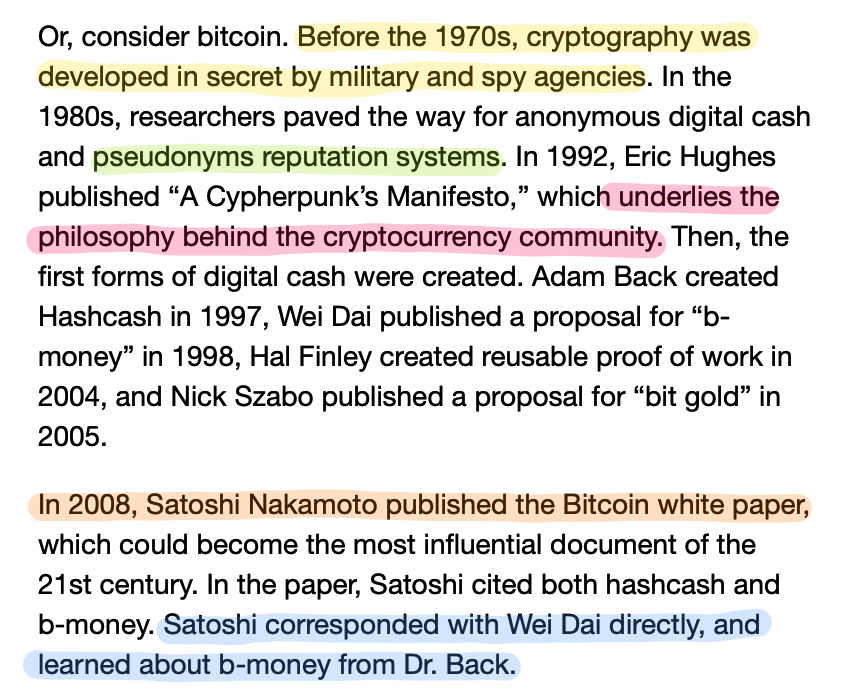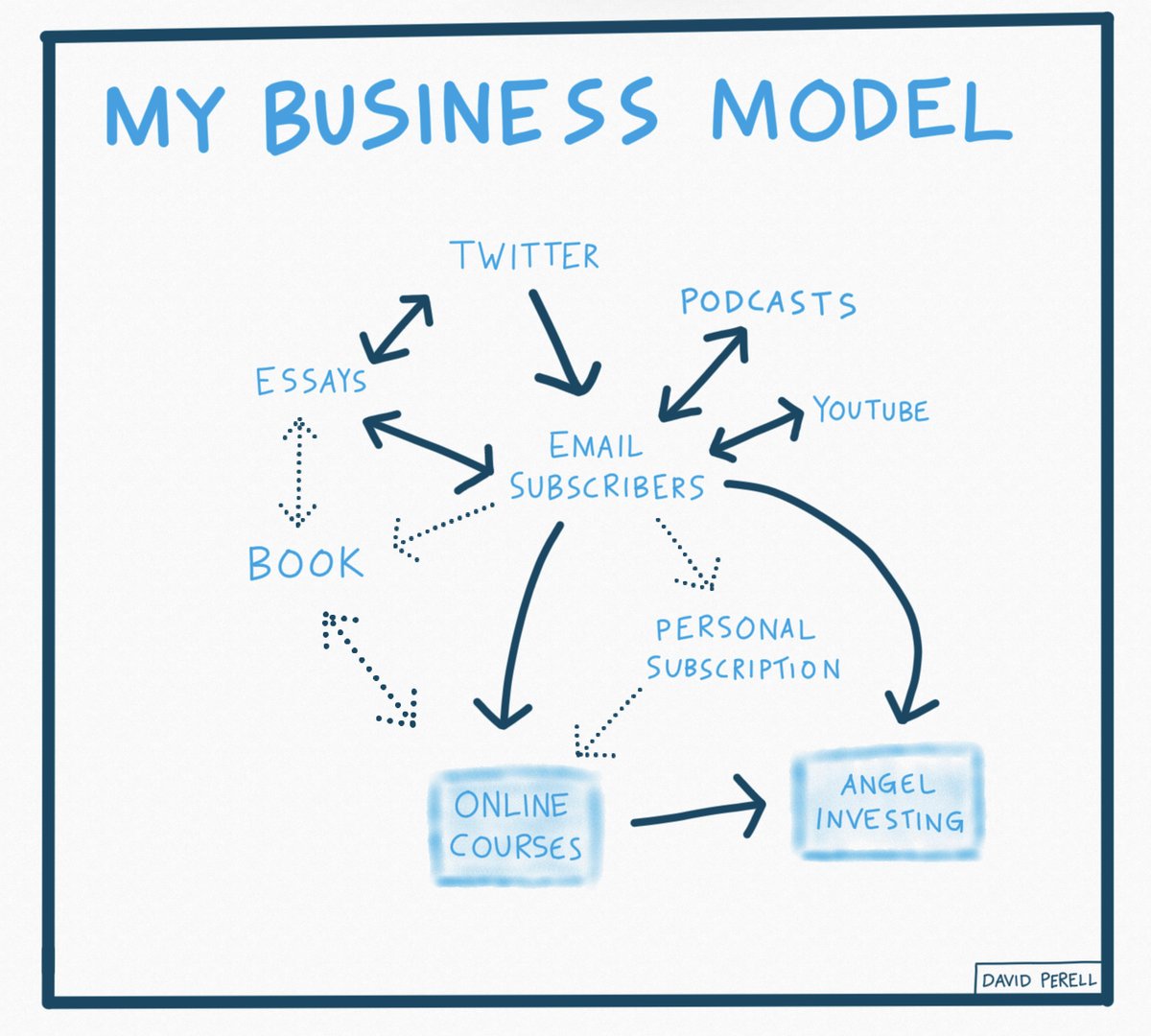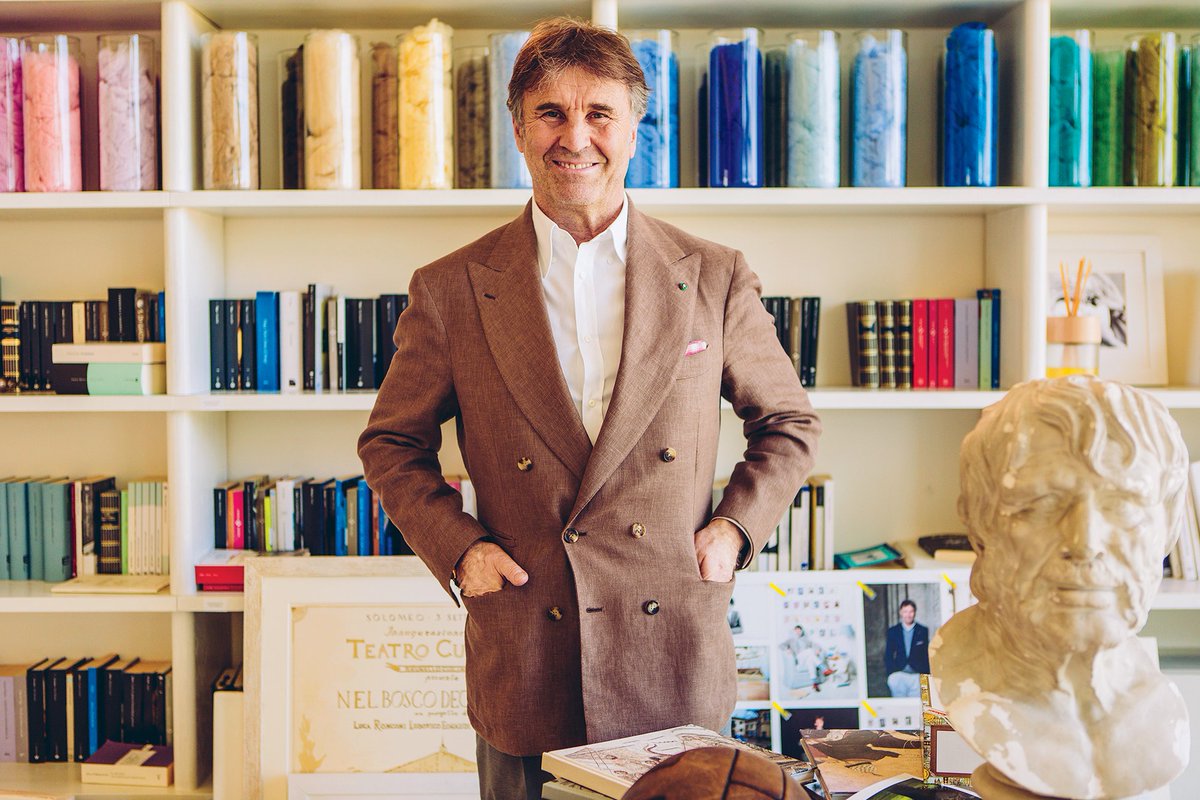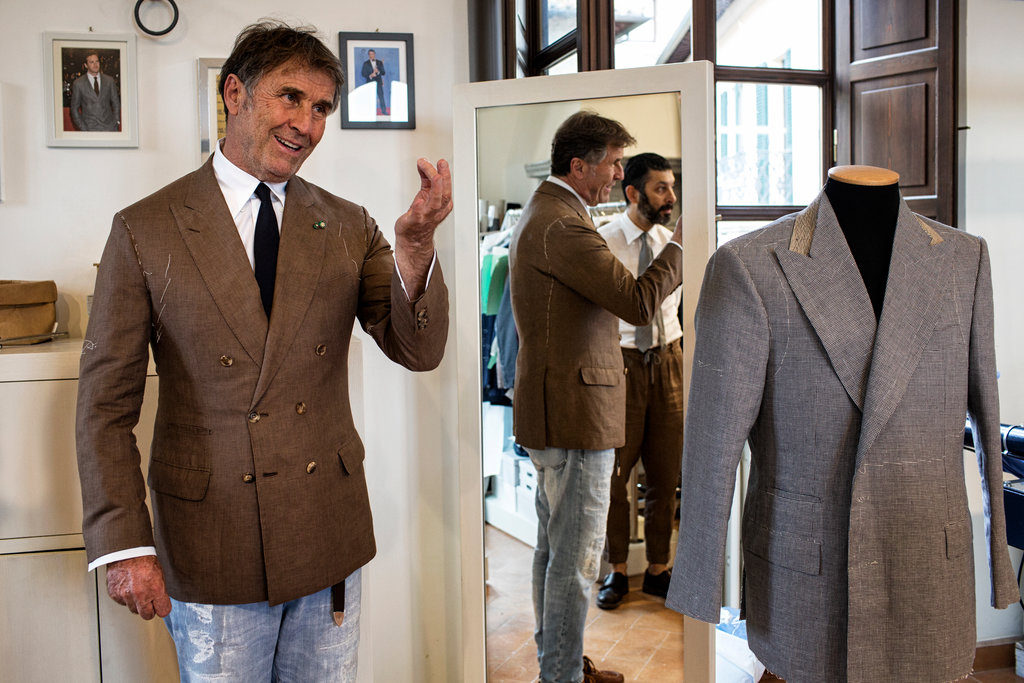
The creator economy is shifting from thinking of itself as a cash-generating industry to an equity-building one, where creators can build wealth that grows once they stop working
The problem with being directly paid to share ideas online is that if you don’t publish, you don’t get paid. But creators have two valuable resources: trust and attention. They should use that influence to build companies that grow in value once their creator-career is over.
Paul Graham has a famous essay called ”Makers Schedule, Manager‘s Schedule” where he shows that different people have different ways of working. The same is true for wealth generation. Generating short-term cash and building long-term equity are different mindsets.
Creators are relatively well-positioned to sell products with high customer acquisition costs, where they can leverage their distribution advantages. Right now, creators tend to play in commodity markets where their names are a stamp of approval.
(h/t @tweettal + @blakeir)
(h/t @tweettal + @blakeir)
If you’re a creator, launching a company under your own name is a sure-fire way to make a quick buck. But visionary creators will build companies that transcend their personal brands so they can hire leadership as it becomes successful.
Example: Dave Portnoy and Barstool Sports.
Example: Dave Portnoy and Barstool Sports.
Dave Portnoy intelligently called his company “Barstool Sports” instead of “Portnoy’s Sports.” Every fan of Barstool knows about Portnoy, but the company doesn’t depend on him in part, because it of the name.
Personal brands start companies, but won’t take them public.
Personal brands start companies, but won’t take them public.
For inspiration, creators should be looking at Glossier (valued at $1.2 billion) and Primal Kitchen (sold for $200 million).
Both companies started with individual creators, but eventually transcended them and generated tons of wealth as a result.
(h/t @nathanbarry)

Both companies started with individual creators, but eventually transcended them and generated tons of wealth as a result.
(h/t @nathanbarry)
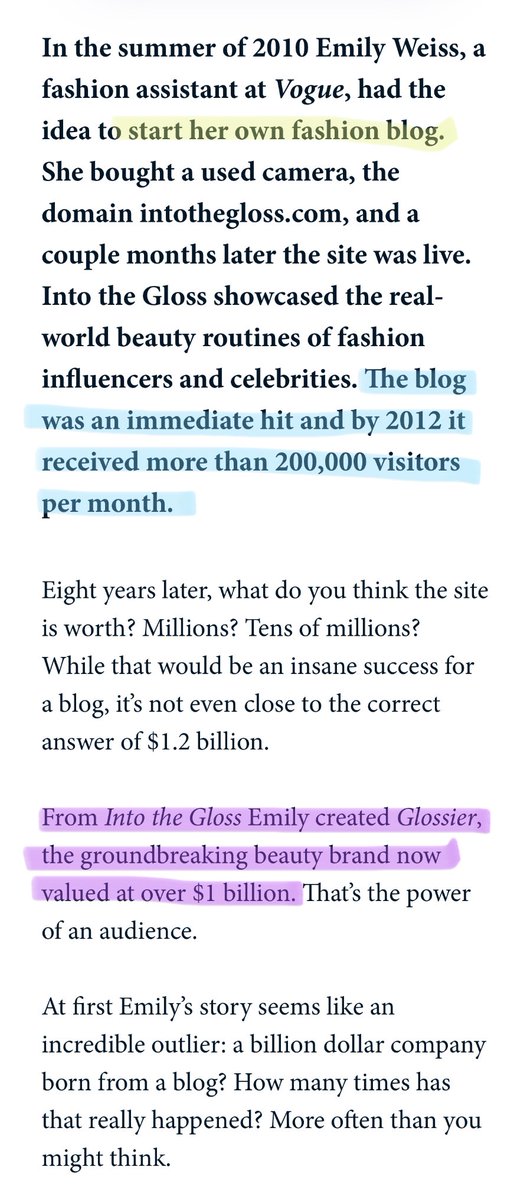
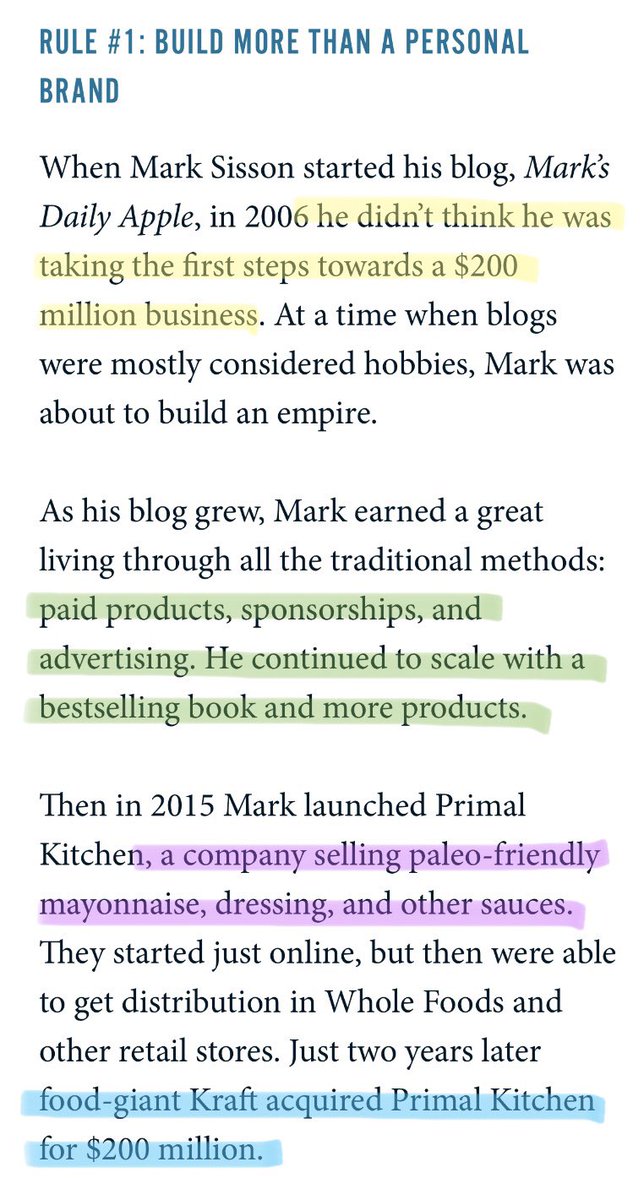
When starting my writing school, I deliberately named it “Write of Passage” instead of naming it eponymously. I want it to become the business school of the future, and that’s more likely if has a life beyond me and others eventually take the reigns.
https://twitter.com/david_perell/status/1271255191564648448?s=20
• • •
Missing some Tweet in this thread? You can try to
force a refresh

